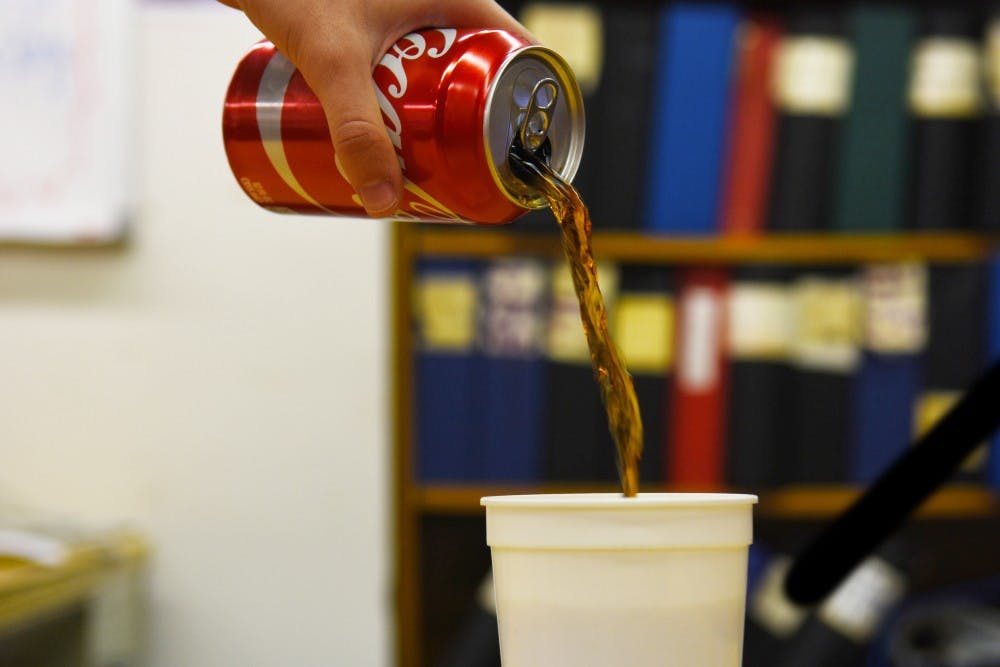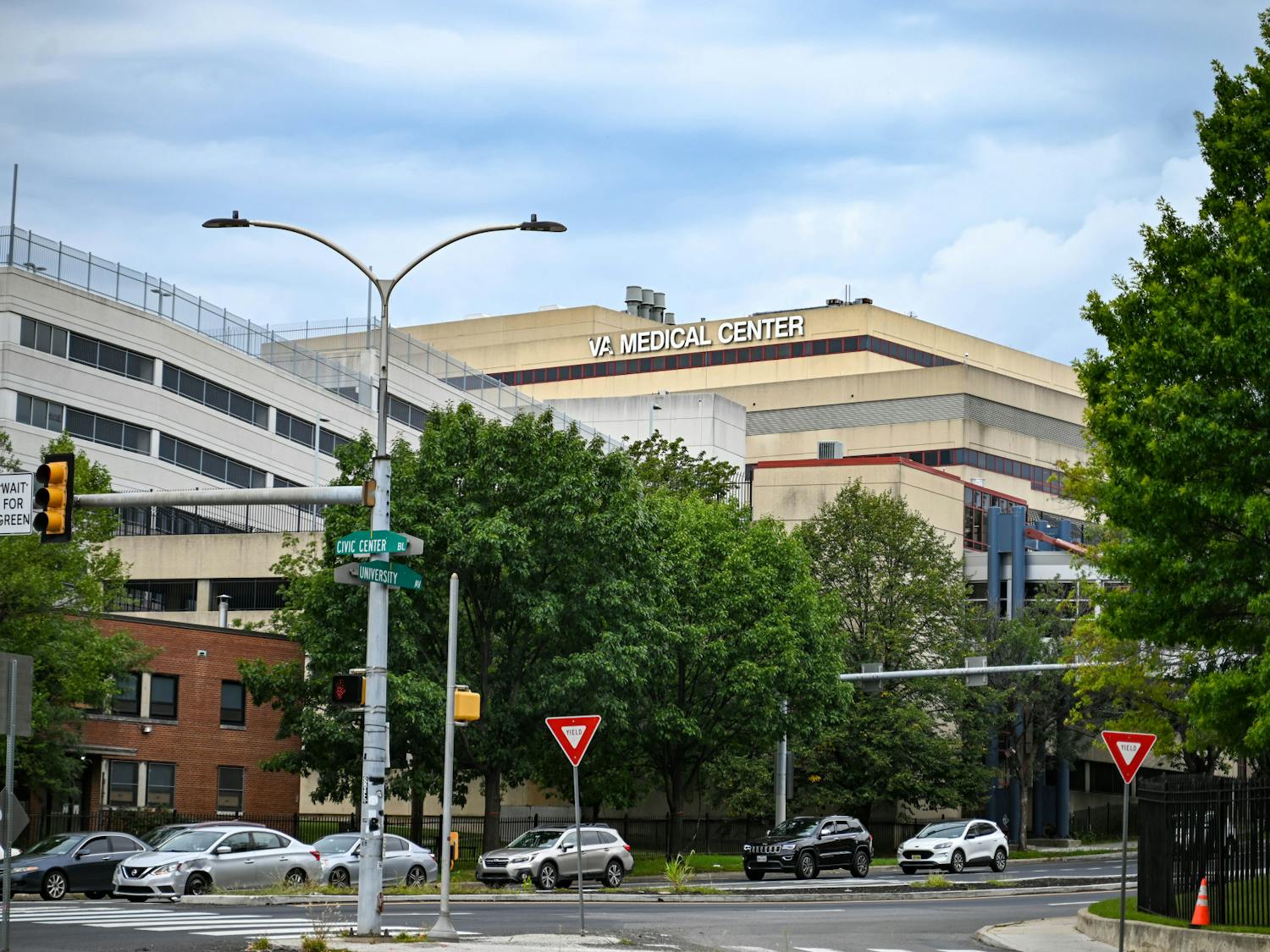Experts are unsure how much the price of certain beverages will increase once Philadelphia’s “soda tax” goes into effect on Jan. 1, but the price changes could be abrupt.
The price of a 20-ounce Red Bull could increase by as much as 30 cents, while the price of a two liter Coca-Cola could increase by as much as 50 percent, according to The Daily Pennsylvanian’s analysis of tax-applicable drinks sold at Penn Dining locations.
When the tax passed in June, Philadelphia became the first major city in the country to pass a tax on sweetened and diet drinks. The controversial 1.5-cent-per-ounce tax, which fueled a historic lobbying battle between the soda industry and health advocates, was Mayor Jim Kenney’s ambitious approach to fund early childhood education in the city.
The tax will apply to sodas, teas, energy drinks and other beverages, but it will exclude others such as drinks that contain more than 50-percent milk, fresh fruit or vegetables. It is uncertain how prices will change for drinks sold at Penn.
On campus, Penn Dining sells beverages through cafés, retail establishments, residential dining halls and more than 250 vending machines. Since the tax will be levied on distributors, price changes will depend on whether distributors pass on the tax, or a portion of it, to Penn Dining through higher prices. Penn Dining would then need to decide whether to pass on the tax, or a portion of it, by increasing prices for students and faculty.
“The distributor might decide that they’re just going to swallow [the tax] or swallow a percent of [the tax] because they might not want to raise their prices,” said Karen Glanz, a professor at the Perelman School of Medicine.
Glanz noted the difficulties of predicting the percentage of the tax Penn Dining and its distributor would pass on to consumers.
If the tax is passed on completely to Penn students and faculty, the price of a 20-ounce Powerade from 1920 Commons would increase by 30 cents from $2.19 to $2.49. However, if only twenty percent of the tax is passed on to consumers, the price would go up by only six cents.
A spokesperson, via email, said Penn Dining hasn’t been alerted of any price changes by its distributor as of yet. Penn Dining noted it has a contract with Coca-Cola, but did not disclose the identity of its beverage distributor.
The first city-level tax on sugary drinks was passed in Berkley, California in 2014. Some researchers have studied the early phases of implementing the penny-per-ounce tax there.
John Cawley, a professor of policy analysis and management at Cornell University, and others found that sellers of sugary drinks in Berkley have absorbed part of the tax, passing on 43.1 percent of the tax to consumers.
“All eyes will be in Philadelphia to see what happens there,” Cawley said.
He noted that, unlike in Philadelphia, there was a campaign to lower consumption of sugary drinks when the tax was being debated in Berkley. It is uncertain if Berkley residents are consuming less sugary drinks because of the health campaign around the issue or the higher beverage prices, he said.
But Philadelphia’s soda tax might go into effect next year, while the local administration grapples with certain legal hurdles. On Sept. 14, the American Beverage Association and others filed a lawsuit to block the sweetened-beverage tax, arguing it is unconstitutional.
Judge Gary S. Glazer — the Common Pleas Court judge hearing the challenge — said on Oct. 25 that a decision should be made before the beginning of next year.









